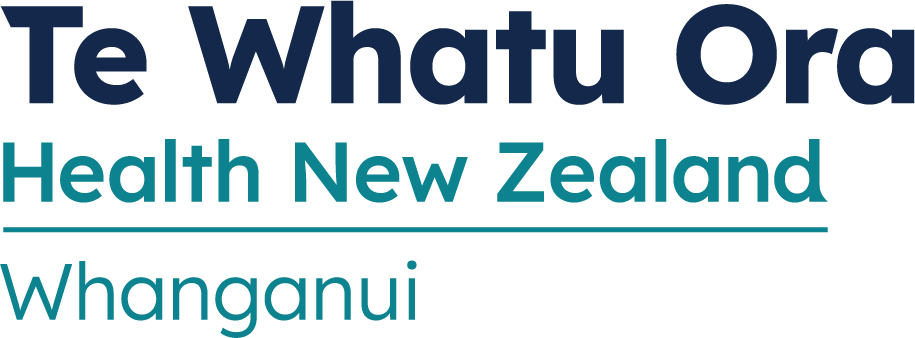
13 March 2018
The percentage of children identified as obese during their B4 school check has steadily fallen over the past two years.
A committee report released by Whanganui District Health Board (WDHB) this week shows the percentage of Māori children considered obese has dropped from 20 percent in quarter 4 of the 2015/16 year to 9.3 percent in quarter 2 of the 2017/18 year.
For children categorised as ‘other’, the percentage has fallen from 11.4 percent to 8.2 percent over the same period.
WDHB Service & Business Planning portfolio manager Jon Buchan believes there are several reasons for the turnaround.
“I think the Healthy Families initiative’s wide-ranging reach and focus on connecting with Māori, the WDHB health promotion team’s ongoing efforts to reduce sugary drinks and the introduction of the Be Smarter Tool and resources have all contributed to the result we’re seeing,” Mr Buchan says.
“The Be Smarter Tool (which helps families set goals to improve the health of their children) introduced into all general practices and Well Child Tamaraki Ora providers is helpful in ensuring that families receive consistent messaging and approaches to reducing obesity.
“It’s heartening to think that by working together at a community level, health agencies, pre-schools and programmes are improving the wellbeing of our pre-school population while also reducing the differences in health status that exists between Māori and non-Māori children.”
- Healthy Families NZ is a large-scale initiative that brings community leadership together in a united effort for better health. It aims to improve people's health - where they live, learn, work and play - in order to prevent chronic disease.



